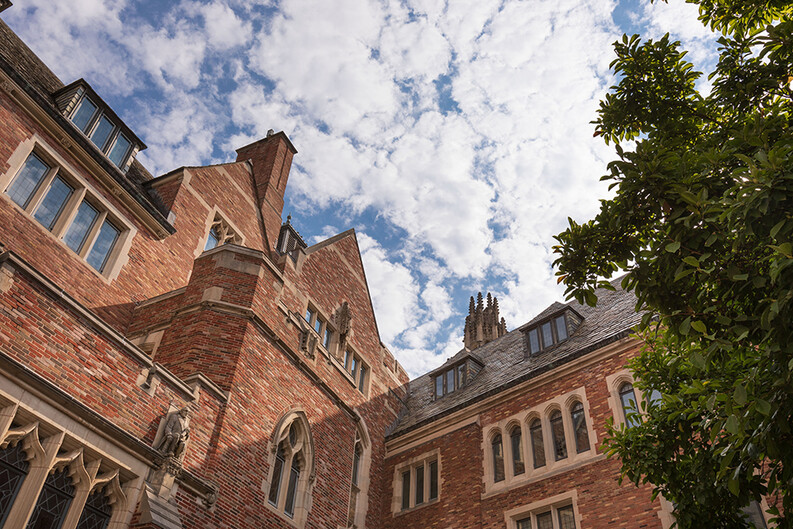Article by Professor Abbe R. Gluck and Students on Unpublished Opinions Wins Award

An article co-authored by Professor Abbe R. Gluck ’00 and several former students on a practice federal judges widely use in appeals cases has received an American Academy of Appellate Lawyers’ award for scholarship.

“Is Unpublished Unequal? An Empirical Examination of the 87% Nonpublication Rate in Federal Appeals4” will receive the organization’s Eisenberg Prize. The award recognizes the publication of high-quality articles in the field of appellate practice and procedure.
Read the paper in the Cornell Law Review4
Published in the Cornell Law Review, the 2022 article examines federal judges’ use of unpublished opinions to resolve appeals — the method used in 87% of cases in the sample studied in the paper. Unpublished opinions are hailed as efficient by some because they require less judicial time than fully reasoned opinions and they do not muddy the legal landscape with additional precedents on already-decided questions.
Others criticize the practice because the opinions can be hard for the public to find and do not contain the full details of the case or legal reasoning behind the decision, which can cause problems for transparency. Some unpublished opinions also decide questions without precedent, and there is an overarching concern that unpublished opinions appear disproportionately in unlawyered cases or cases involving certain types of claims.
Gluck and co-authors offer several contributions to the conversation about unpublished opinions, according to the article. First, they bring hard data to the debate by drawing on a dataset of over 400,000 appeals from a sample of more than 1,400 randomly selected unpublished opinions from 2015 to 2020.
Second, they introduce an expanded theoretical framework for evaluating unpublished opinions.
Third, the coauthors find evidence of unpublished opinions’ transparency problem, uncovering examples of barriers that keep these opinions from being widely read. “These barriers make it difficult for scholars, the public, and even some judges to find these opinions, much less to study them and understand,” the authors write.
Finally, they highlight equity concerns. Self-represented litigants were 12 times less likely to receive a published opinion than appellants represented by counsel, and appeals initiated by incarcerated people and immigrants also had publication rates significantly below the baseline for all appeals. Gluck and co-authors suggest that these findings reveal a pattern of differential treatment that merits attention.
Gluck is the Alfred M. Rankin Professor of Law and the founding faculty director of the Solomon Center for Health Law and Policy at Yale Law School. She is also professor of internal medicine (general medicine) at Yale School of Medicine and a professor in the Institution for Social and Policy Studies at Yale. The five student co-authors were initially part of a large team of student research assistants coding cases, but also took on more substantive research. After they wrote several memos making substantial contributions to the arguments in the article, Gluck invited them to join the project as co-authors.
The American Academy of Appellate Lawyers is an invitation-only association of respected appellate lawyers.


